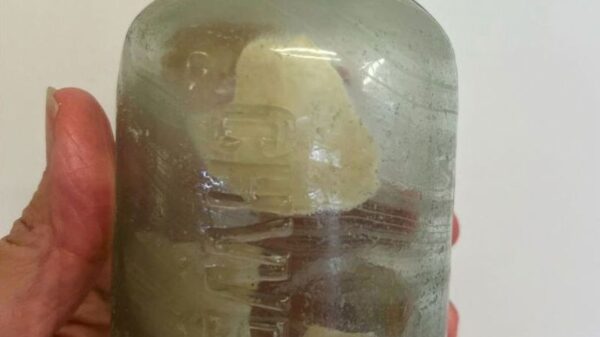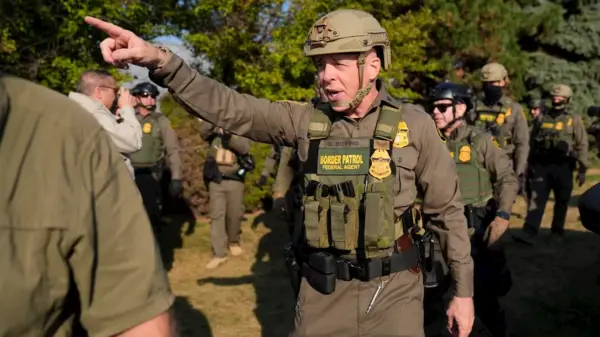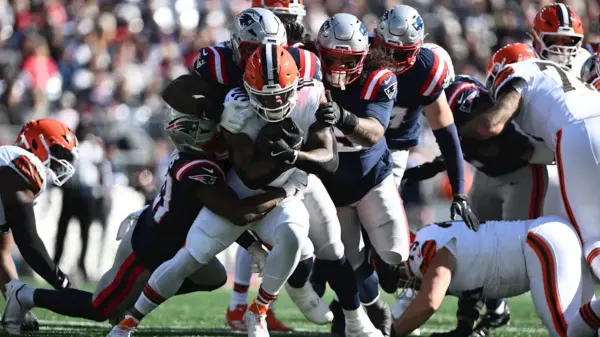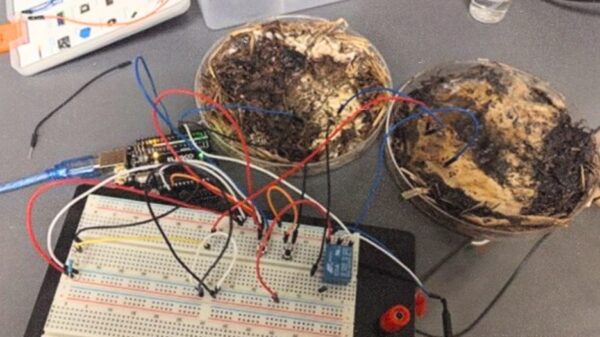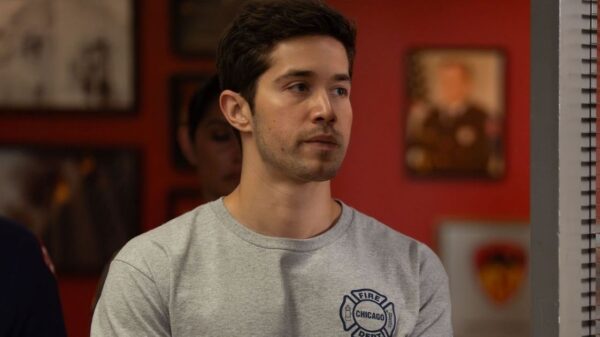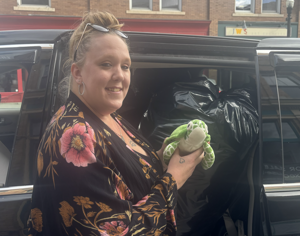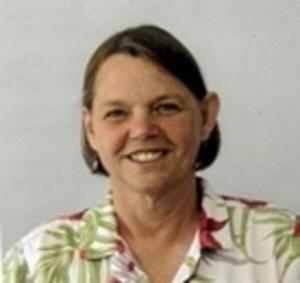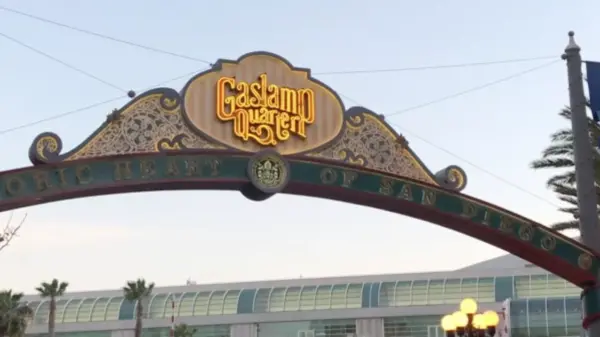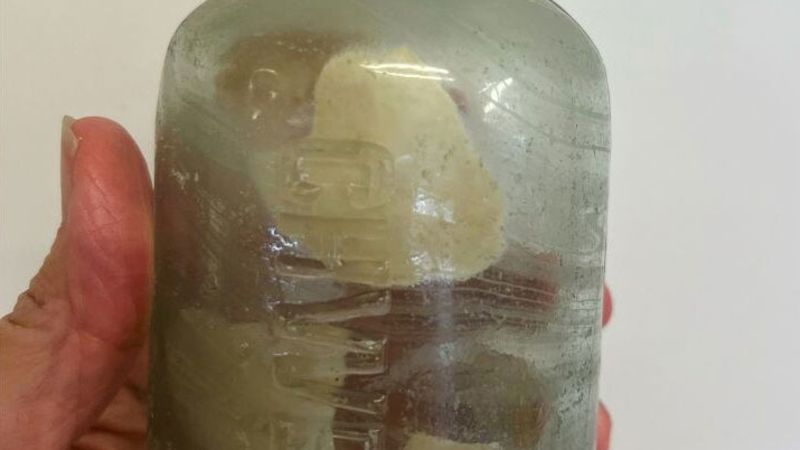Messages in a bottle written by two Australian soldiers during World War I have been discovered on a beach in Western Australia, more than a century later. The Brown family uncovered the Schweppes bottle on October 9, 2023, while cleaning up Wharton Beach near Esperance. Deb Brown, along with her husband Peter and daughter Felicity, stumbled upon the bottle during their routine beach clean-up with a quad bike.
The bottle contained letters penned by Privates Malcolm Neville and William Harley on August 15, 1916, just days after their troop ship, the HMAT A70 Ballarat, departed from Adelaide on August 12, 1916. They were en route to the battlefields of France, where they would reinforce the 48th Australian Infantry Battalion on the Western Front. Neville, aged 27, was killed in action a year later, while Harley, 37, survived the war but succumbed to cancer in 1934, which his family attributes to being gassed in the trenches.
Neville’s letter included a request for the finder to deliver it to his mother, Robertina Neville, in Wilkawatt, South Australia, now largely abandoned. Harley, whose mother had passed away by the time of writing, expressed that the finder could keep his note. Harley wished for the finder to be “as well as we are at present,” while Neville shared that he was enjoying good food and having a “real good time,” despite one meal being buried at sea.
The soldiers described their location in the letters, with Neville stating they were “Somewhere at Sea” and Harley noting they were “Somewhere in the Bight,” referencing the expansive Great Australian Bight.
Deb Brown speculated that the bottle likely remained buried in the sand dunes for over a century until recent erosion exposed it. She noted that the bottle is in pristine condition, showing no signs of barnacle growth, which might have occurred if it had spent a long time at sea. The letters, although wet, were still legible, enabling Brown to inform both soldiers’ relatives about the remarkable find.
The discovery has deeply affected the families of both soldiers. Harley’s granddaughter, Ann Turner, expressed her family’s astonishment, calling the find a “miracle” and feeling as though their grandfather had reached out from the past. Similarly, Neville’s great-nephew, Herbie Neville, described the discovery as “unbelievable,” reflecting on his great-uncle’s apparent happiness before the war and the tragedy of his loss.
This poignant moment not only sheds light on the personal experiences of soldiers during World War I but also underscores the enduring connections to their past, as families are reminded of their loved ones’ sacrifices through such unexpected discoveries.








